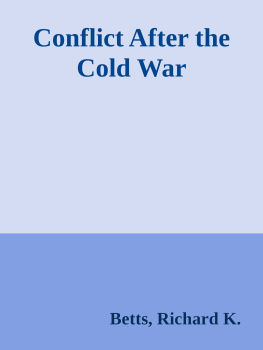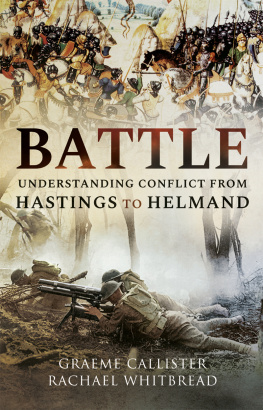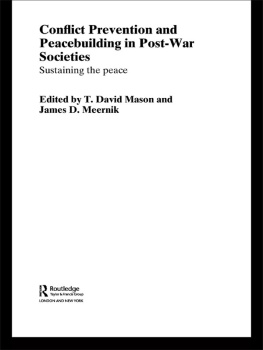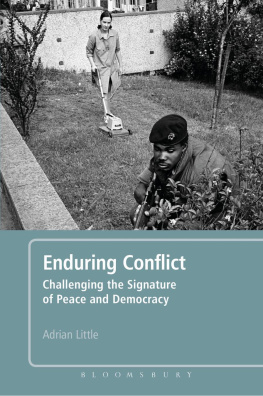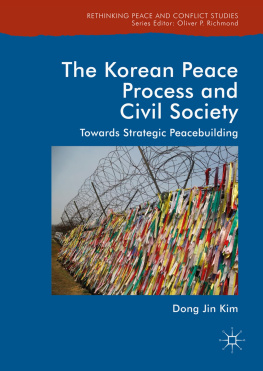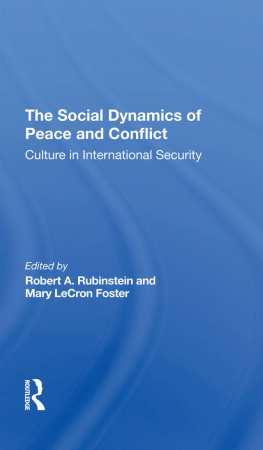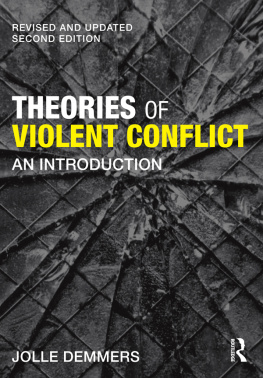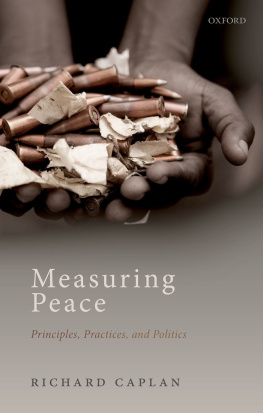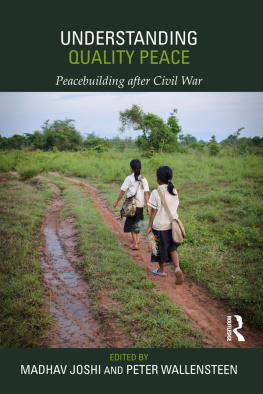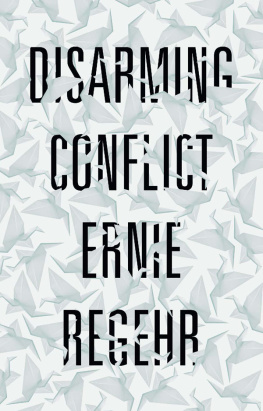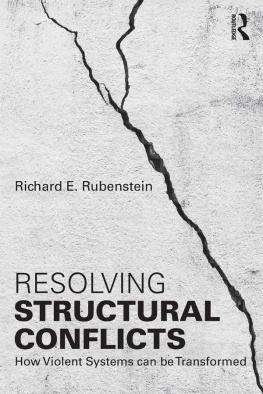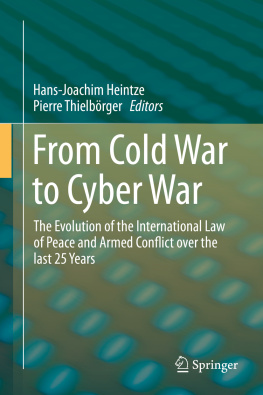
Conflict After the Cold War
Edited by one of the most renowned scholars in the fi eld, Richard Betts Confl ictAfter the Cold War assembles classic and contemporary readings on enduring problems of international security. Offering broad historical and philosophical breadth, the carefully chosen and excerpted selections in this popular reader help students engage in key debates over the future of war and the new forms that violent confl ict will take. Confl ict After the Cold War encourages closer scrutiny of the political, economic, social, and military factors that drive war and peace.
NEW TO THE FIFTH EDITION
Original introductions to each of 10 major parts as well as to the book as a whole have been updated by the author.
ment explores fundamental problems in diagnosing danger, understand
ing strategic choices, and measuring costs against benefi ts in wars over
limited stakes.
12 new readings have been added or revised .
Richard K. Betts is the Arnold Saltzman Professor of War and Peace Studies in the Department of Political Science, the director of the Institute of War and Peace Studies, and the director of the International Security Policy Program in the School of International and Public Affairs at Columbia University.
Praise for the Fifth Edition
For students of international relations and security, and those who teach them, the fi fth edition of Betts Confl ict After the Cold War is the indispensable volume. It is a superb collection of foundational and contemporary readings
on the causes of war and peace, curated to stimulate serious thinking about
todays confl icts as well as tomorrows. Pulling it all together are Betts ten commentaries, each one an illuminating gem of thematic overview, scholarly
synthesis, and critical insight.
Timothy Crawford, Boston College
The new edition of Richard Betts book brings together an impressive collection of classic readings with contemporary work on modern and currently emerging
challenges. It works perfectly in exposing students to both theoretical concepts and practical policy problems. With well-edited selections, students can understand the key ideas of competing viewpoints without exhaustive reading.
John W. Dietrich, Bryant University
In this new edition, Richard K. Betts, one of our shrewdest and wisest observers of international affairs, has assembled a varied and illuminating set of readings to help students and other readers better understand the major issues of war and peace in the second decade of the contentious and confusing twenty-fi rst century.
Michael Mandelbaum, The Johns Hopkins School of
Advanced International Studies; Author of Mission Failure:
America and the World in the PostCold War Era
A generation after the Cold War, Richard Betts Confl ict After the Cold War remains the gold standard of international security readers. Grounded in
classical theory and immersed in contemporary issues, Betts' blend of world
leaders, philosophers, and scholars offers a three-dimensional foundation for classroom discussion that is both informative and provocative.
Richard W. Maass, University of Evansville
Confl ict After the Cold War is a carefully selected, tightly inter-related, and crisply summarized collection of theoretical and substantive articles that introduce the reader to the key conceptual approaches to the study of international confl ict. It illustrates how those different theoretical approaches offer contrasting explanations for key historical episodes and suggest different policy responses to future problems. No stone is left unturned: Causes of confl ict at the international, domestic, and human levels are all addressed. Betts' introductions to key sections of the book are clear and comprehensive, serve to
highlight the theoretical debate, and connect each section to the overall theme of the book. Refl ecting a lifetime of careful scholarship and teaching, this book is a gift to undergraduate and graduate students, and to the faculty tasked with teaching them the fundamental of international politics.
Barry R. Posen,Massachusetts Institute of Technology
Confl ict After the Cold War is an indispensable resource for any course on international security. The blend of contemporary and classic writings, presented by a leading thinker, helps students understand the causes of war and peace and the elements of sound security policy. All aspiring strategists should read, and re-read, this volume.
Michael Beckley, Tufts University
There is no better source of essential readings on the topic of war and security.
Confl ict After the Cold War introduces students to many seminal works that form the foundations of contemporary thinking in international relations. I
highly recommend this book to those wishing to gain a deeper understand
ing of realist and liberal thought on anarchy, power, and domestic and international institutions. Excellent readings throughout the book help explain a diverse set of issues related to international confl ict, such as economic interdependence, terrorism, and climate change.
David Lektzian, Texas Tech University
Richard Betts has assembled an essential collection of essays for any student of security studies. Expertly organized and introduced, the new edition of Confl ict After the Cold War provides historical and contemporary perspectives on a wide range of security challenges.
Brian Urlacher, University of North Dakota
This collection of readings is both timeless and timely, offering an urivaled introduction to the core questions and concepts of international relations. By assembling and judiciously excerpting classic texts into one handy volume,
Richard Betts has done a real service to the fi eld.
Rosemary Kelanic, Williams College


Conflict After the Cold War
Arguments on Causes of War and Peace
Fifth Edition
RICHARD K. BETTS
Columbia University
Published 2017
by Routledge
711 Third Avenue, New York, NY 10017
and by Routledge
2 Park Square, Milton Park, Abingdon, Oxon, OX14 4RN
Routledge is an imprint of the Taylor & Francis Group, an informa business
2017 Taylor & Francis
The right of Richard K. Betts to be identifi ed as author of this work
has been asserted by him in accordance with sections 77 and 78 of the
Copyright, Designs and Patents Act 1988.
All rights reserved. No part of this book may be reprinted or reproduced or
utilized in any form or by any electronic, mechanical, or other means, now
known or hereafter invented, including photocopying and recording, or in
any information storage or retrieval system, without permission in writing
from the publishers.
Trademark notice : Product or corporate names may be trademarks or
registered trademarks, and are used only for identifi cation and explanation without intent to infringe.
Second edition published by Longman, 2002
Third edition published by Pearson Education, Inc., 2008
Next page
